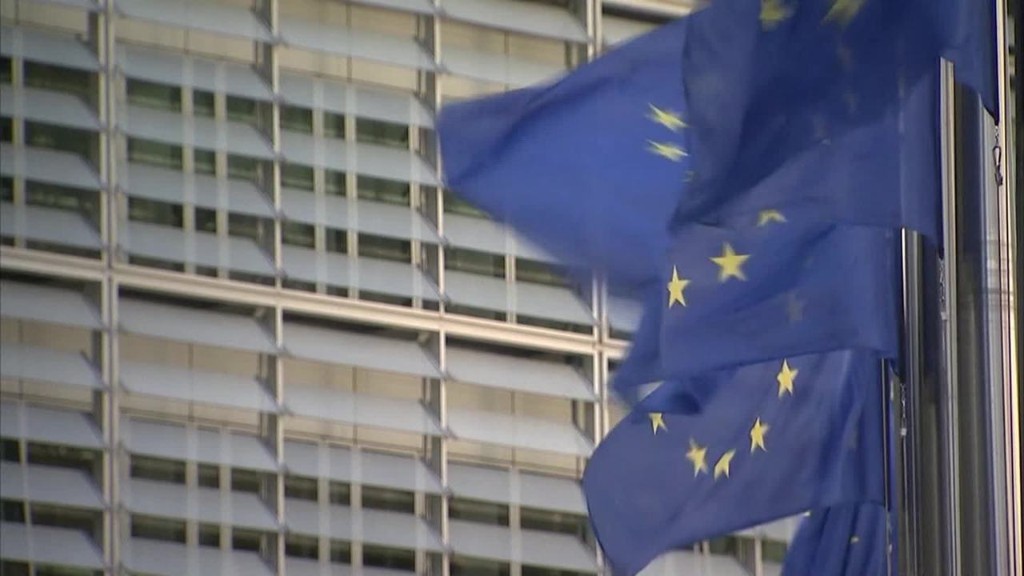
Greece's Prime Minister Alexis Tsipras said Tuesday he does not believe in the new economic measures that have been forced upon him by European lenders in exchange for a third bailout worth as much as $96 billion.
Greek lawmakers are set to vote to ratify these new, contentious economic reforms Wednesday. Only then will the country be able to receive new cash to help it avoid bankruptcy.
"We don't believe in the measures that were imposed upon us," Tsipras said during a TV interview, marking his first appearance since returning from the negotiating table with 18 other eurozone nations that have promised the bailout money.
Despite his opposition to the reforms, Tsipras said he will follow through and ensure they are implemented.
For months, Tsipras and his Syriza party rallied against these economic reforms and austerity measures. But Tsipras was forced to accept them in order to keep his country in the eurozone.
Greece's parliament will have to formally approve the following measures Wednesday:
--Streamline the VAT system and broaden the tax base to increase revenue. This will likely include raising sales taxes on restaurant meals and other items to 23%. And could include raising the corporate tax rate to 28%, from 26%.
--Overhaul the pension system, which would include setting the standard retirement age at 67 and discouraging people from retiring early.
--Safeguard the independence of the nation's statistics agency
--Implement rules to meet budget targets, which could require spending cuts
It's expected that an overall majority of lawmakers will vote to accept these measures, though some Syriza members will vote them down.
But Greece accepting the economic reforms is only the first step before bailout money can begin to flow again.
On July 22, Greece's parliament will have to approve another round of reforms.
In addition, a handful of other eurozone countries, including Germany and Finland, will need to win votes in their parliaments to grant a new rescue package.
Once all that is done, formal negotiations can truly begin on a promised $96 billion bailout program.
Eurozone nations, along with the European Central Bank and the International Monetary Fund, have already loaned Greece roughly 233 billion euros ($257 billion) in rescue financing since 2010.
On Tuesday the IMF reasserted its view that Greece's debt is unsustainable without "measures that go far beyond what Europe has been willing to consider so far," including lengthening a grace period to pay the money back.
"If Europe prefers to again provide debt relief through maturity extension, there would have to be a very dramatic extension with grace periods of, say, 30 years on the entire stock of European debt, including new assistance," the IMF said.
They are unwilling to lend Greece any more money without promises that it will get its financial house in order.
At the end of June, Greece was the first developed country to ever default on a debt payment to the International Monetary Fund. It defaulted on another IMF debt payment on Monday.


